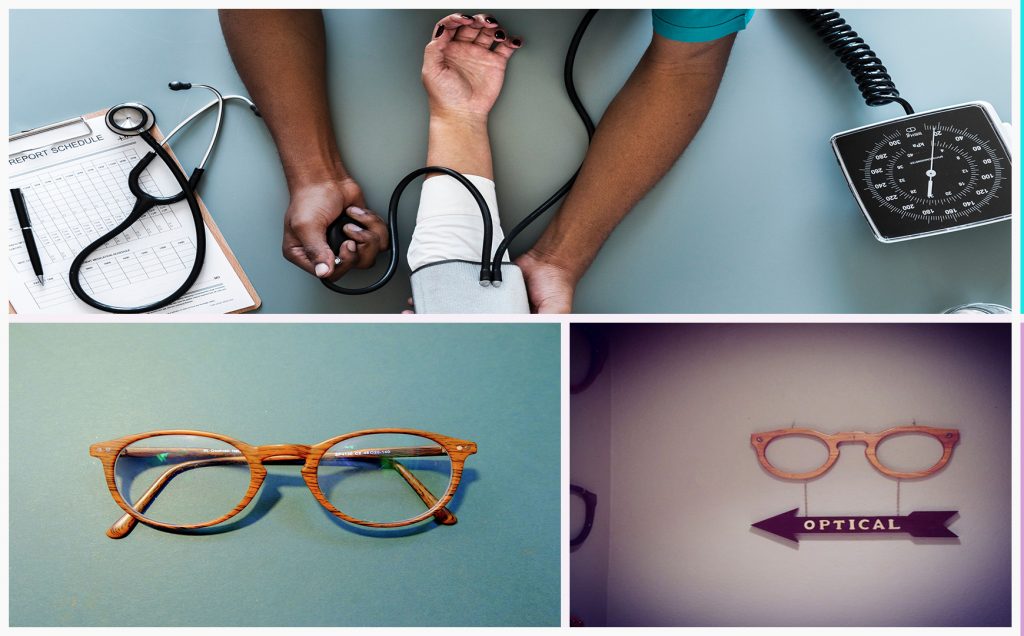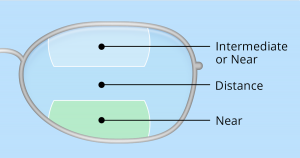Reduced visual ability may occur due to certain illnesses that develop during your life. Although the illnesses have little to do with the eyes, eye problems arise as a complication of the illness. The eye complications can be resolved by simple medical procedures or visual aids. However, in some instances individuals lose partial sight. Sometimes the complications cause visual impairment. If you are diagnosed with either of these illnesses, you should pay extra attention to your eyes. Be on the look out for any changes in your eyes or sight.
1. Diabetes
The prevalence of diabetes in Kenya has increased over the past few decades. You probably know someone living with diabetes. Although, it is a manageable disease, developing diabetes exposes you to potential eye problems. If left unmonitored and uncontrolled, diabetes can lead to serious, and sometimes permanent eye damage.
The damage occurs when blood vessels in the retina of the eye swell and leak due to high blood sugar levels; a condition referred to as Diabetic Retinopathy.
But don’t panic yet. You are only at the risk of developing diabetic retinopathy if you do not follow your doctor’s advice.
Manage your diabetes by following the right diet, exercising frequently and monitoring your blood sugar to reduce the risk of developing diabetic retinopathy.
Although surgical treatment for retinopathy exists, early treatment of the disorder should focus on slowing its progression. It is easier to manage it, before it escalates.
2. High Blood Pressure
Uncontrolled high blood pressure can also cause harm to your eye sight. Hypertension causes eye complications due to blood vessel damage, nerve damage, or fluid accumulation under the eye’s retina.
In this case, blood vessel damage in the eye is referred to as hypertensive retinopathy.
Nerve damage or optic neuropathy results from blood blockage due to the damaged blood vessels. The optic nerve is damaged due to the limited supply of oxygen and blood. Prolonged blockage can cause permanent eye damage.
On the other hand, fluid accumulation under the retina can result in distorted vision. This is because the fluid accumulates under the retina which is the light sensitive layer of tissue at the back of the eye.
Manage your hypertension as per your doctors instructions and consult him in the event of changes in your eye and vision.
3. Traumatic Head Injuries
Traumatic head injuries are mostly sustained from accidents. Sometimes the injury affects your eyes causing redness or pain. Pay a visit to your eye doctor if you sustain a head injury. This will help monitor and remedy any impact on the eye.
4. Liver Disease
Jaundice is the most common liver disease associated with eye problems. It causes a yellow discolouration of the eye due to high bile levels in the blood.
Liver cirrhosis also affects the eye. Sometimes, it results in the formation of small fat collections on the eyelids referred to as xanthelasma.
5. Nutritional Deficiencies
The eye requires various nutrients and vitamins to sustain its health and wellness. Inadequate nutrition could cause various eye problems. For instance, vitamin A deficiency is linked to vision impairment. It often starts as a night vision issue and worsens.
A balanced diet will help reduce the risk of developing eye problems due to nutritional deficiencies.
6. Autoimmune Disorders
Autoimmune disorders can affect many parts of the body including your eyes. Rheumatoid arthritis, for instance, can cause eye whites inflammation, dryness and thinning of the cornea. Other autoimmune disorders cause eye problems such as itchiness, sensitivity to light, ocular pain and vision changes. Treating the autoimmune disorder is the main remedy to the eye problems.









